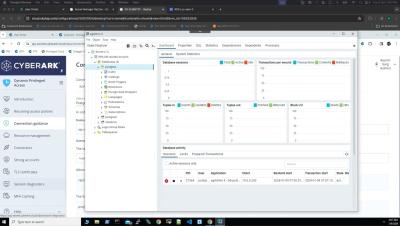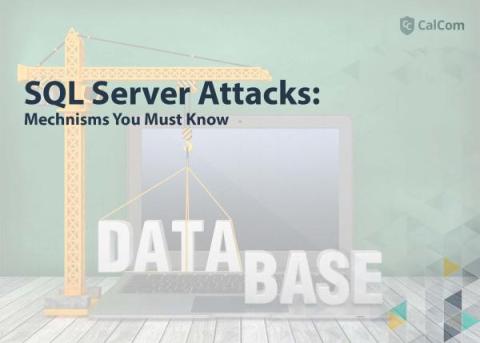Security | Threat Detection | Cyberattacks | DevSecOps | Compliance
Databases
Securing Database Access: DPA Vaulted Account Approach with Native HeidiSQL Utility
EventSentry Troubleshooting: Managing Database Size
How to Prevent SQL Injection Attacks?
Security Fortified: Safeguarding Data with PostgreSQL Support Services
SQL CIS Benchmark Guide
MongoDB Replica Set: A Developer's Tutorial to MongoDB Replication
There’s one thing every developer should do – prepare for the unknown. MongoDB is a NoSQL database widely used in web development, designed to handle unstructured or semi-structured data. MongoDB’s core concept revolves around storing data in flexible, JSON-like documents, allowing developers to easily use them for different purposes. Over 87,000 companies worldwide use MongoDB, and one of the standout features is its robust support for replication.
SQL server attacks: mechanisms you must know
Getting started with query parameterization
When web applications rely on user-supplied data, there is a potential risk of SQL injection attacks. SQL injection is a technique used to alter a SQL statement by manipulating user input. Specifically, attackers send malicious SQL code to the database to bypass security measures and gain unauthorized access to data. The consequences can be severe, ranging from sensitive information leaks to complete system loss.
10 Dynamic Principles for Crafting a Robust Database Security Strategy
The digital world relies on data, which because of its considerable value, is constantly targeted by skilled cybercriminals who have spent years developing methods and tools to gain access to even the most secure databases. Never mind those databases whose owners only pay lip service to security. Traditional security approaches that focus on network perimeters are no longer sufficient in today's evolving threat landscape.











